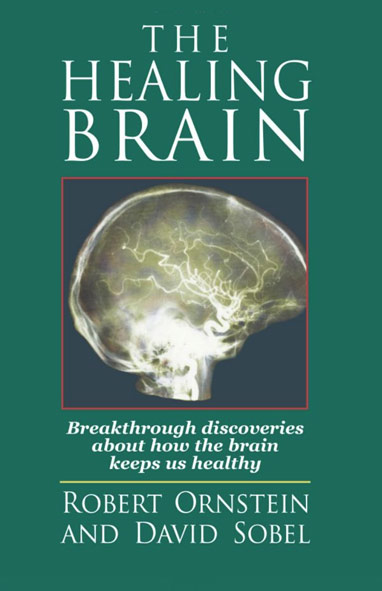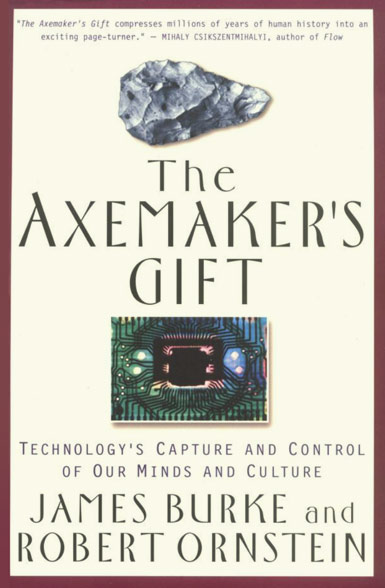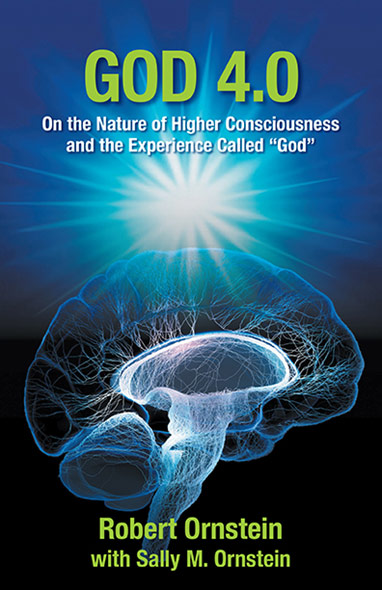
We Know More Than We Think We Do
Sally Mallam | December 1, 2022
“We are here to add what we can to, not to get what we can from, life.”
—Sir William Osler (1848-1919)
Dr. William Osler was the most influential and important physician of the late nineteenth and early twentieth centuries. His contributions to medicine were so important that the Journal of the American Medical Association (JAMA) devoted a large section to him in its December 22, 1969, issue. In it, an Oxford physician recounted Osler’s treatment of his three-year-old brother in 1906. The boy was quite ill, probably dying, from disorders common at the time. He wrote:
One remembers a young brother with very severe whooping cough and bronchitis, unable to eat and wholly irresponsive to the blandishments of parents and devoted nurses alike. Clinically it was not an abstruse case, but [medical] weapons were few and recovery seemed unlikely. The Regius [Osler], about to present for degrees and hard pressed for time, arrived already wearing his doctor’s robes. To a small child this was the advent of a doctor, if doctor in fact it was, from quite a different planet. It was more probably Father Christmas.
After a very brief examination this unusual visitor sat down, peeled a peach, sugared it and cut it into pieces. He then presented it bit by bit with a fork to the entranced patient, telling him to eat it up, and that he would not be sick but would find it did him good as it was a most special fruit. As he hurried off, Osler, most uncharacteristically, patted my father kindly on the back and said with deep concern, ‘’I’m sorry Ernest but I don’t think I shall see the boy again, there’s very little chance when they’re as bad as that.”
Happily, events turned out otherwise, and for the next forty days this constantly busy man came to see the child, and for each of these forty days he put on his doctor’s robes in the hall before going into the sick room. After some two or three days, recovery began to be obvious, and the small boy always ate or drank and retained some nourishment which Osler gave him with his own two hands.
The little boy, Jack Mallam, was my father, who thankfully lived another 86 years. There’s an amusing twist to the end of this tale that is a wonderful example of how stories travel and change over time. Sixty-five years after Osler’s death a local newspaper announced that the great physician’s gown would be displayed at his home, and that it was “said to have magical powers.”
In 1984 my father retrieved the JAMA article from a desk drawer when my husband, Robert Ornstein, told him about a book he was writing with David Sobel. The authors included it in The Healing Brain. By the end of the nineteenth century the placebo and other intuitive models and methods of healing had begun to fade, such that when this book came out, writing about the mind-body connection and “alternative” therapies, was described as “breakthrough” and “pioneering.”
I’ve thought frequently how valuable information, like the placebo effect, seems to disappear as the culture focuses on something new.
Another example concerns our vulnerability to conditioning. Attention was first drawn to it in 1953 when American POWs, who had been brainwashed in various ways by their Chinese captors, returned from the Korean War. I remember it was discussed extensively again in the 1970s as a reaction to the many cults that captured the minds of the young and vulnerable. Yet recent and current politics show how little, if any, understanding of the techniques of indoctrination have been absorbed by the culture. By now they should be common knowledge. Making such important information common knowledge, and preserving it as such, are major goals of The Human Journey website.
An overarching reason that we face so many problems today is that, particularly since the Industrial Revolution, we’ve relied too much on one way of knowing the world. This likely came about because, as Bob Ornstein and James Burke suggest in The Axemaker’s Gift, tool-making conferred power on “the axemakers” who became leaders and created an artificial and predominantly left-brained environment. Education and intellectual training focused on sequential, logical thinking.
Because of our preoccupation with isolated facts, we now face so many problems whose solutions obviously depend upon our ability to grasp the relationship of parts to wholes. As Bob once said: “The problem is not that our technology is ‘leading us to destruction,’ but that our technical innovations have outstripped our perspective and judgment.”
The good news is that we are not tied to this one way of knowing. In fact, for almost all of human history we’ve survived in large part thanks to the activation of a right-brained ‘second mode of cognition.’ We speak about this now latent faculty in GOD 4.0.
We all experience its unique quality from time to time—a sudden solution to a problem pops into the mind, an unexpected insight, a coincidence, a spontaneous decision that just “seems right” and works out. We see it in the creativity of poets, artists, inventors and scientists, the intuitive insights and actions of healers like Osler, and in the prophets and spiritual teachers that have guided humanity throughout history.
Our human story proves we know much more than we think we do, but in a different way. Like the mind-body connection, this complementary way of thinking fell into disuse as humanity favored intellectual analysis over intuitive understanding.
It’s clear that we need to reactivate and develop this faculty now. Doing so will expand our perception and understanding of our connection to each other. It will provide solutions to both our individual and global concerns, based on an intuitive perceptive ability—not trial and error. In GOD 4.0, Bob describes what happens neurobiologically when this capacity is activated, and we suggest ways in which it can be developed.
Sally Mallam is the current executive director of The Institute for the Study of Human Knowledge (ISHK) and executive editor of The Human Journey project.
Recent Blogs
- An Old Story About Metaphysics
- The Conditioning Machines in Our Back Pockets
- Out on a Limb: The Danger of our Innate Shortsightedness
- Edward T. Hall: Culture Below the Radar
- The Half Brain Method
- 'He Who Tastes Knows': Contemporary Sufi Studies and the work of Idries Shah
- "They Saw a Game"
- A Funny Thing Happened on the Way to Enlightenment
- Finding the Right Way Home
- Time and Self
- Escaping the Either/Or Thinking Trap
- Looking Up, Looking Out
- Conditioning and the Gendered Brain
- New World, Same Mind?
- One Small Word
- Meaning: The Enduring Gift to Spirit
- Beyond East and West: Human Nature and World Politics
- Forest Smarts: A Part of or Apart From?
- How to Improve Group Decision-Making
- We Know More Than We Think We Do
- How Deep Can a Story Go?
- Lost and Found: An Encounter with the Intuitive Mind
- The Devil’s Tuning Fork
- Welcome to The Human Journey Blog



